There are multiple, effective transport biosecurity programs used in today’s pork industry but there is no consensus on a baseline set of SOPs that are implementable throughout the industry. Consolidating what is currently available and then writing these SOPs will set that baseline and help to prevent pathogens from moving from first points of concentrations back to the farm via transport vehicles, equipment and people. Engaging producers and industry stakeholders to develop the political will to implement and self-enforce these SOPs will differentiate this project from others authoring the variety of transport biosecurity SOPs already available.
The objectives of this project are to:
Expected outcomes:
For objective 1:
For objective 2:
Copyright 2024 | Swinehealth.org | Website by Heartland Marketing Group